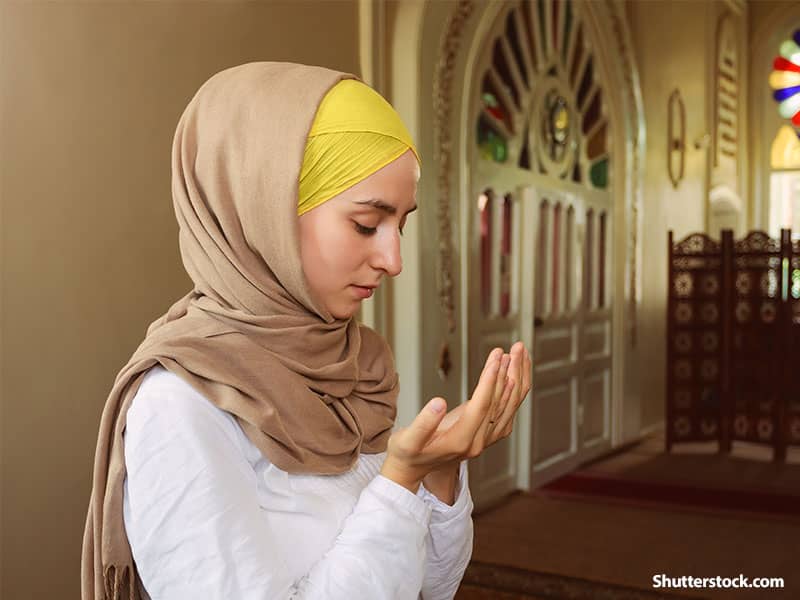I grew up in Iran in the late 1970s, just before the Iranian revolution. During Ramadan, we would get up around 4 or 4:30 to have a suhur, also called sahari, meaning a daybreak meal. After that, no food and no water until sunset. For the grown-ups, it meant no smoking, and as they love to joke, no sex until sunset. At that time, we would break our fast with a meal called iftar.
 |
 |
 |
 |
| |||
 |
My mom is a wonderful Iranian mom, who always looks "presentable." Ramadan mornings were the only times that we would get to see her before she had showered and as we say in Persian, "looking as beautiful as a rose." There was something so fragile and sleepy, so warm and comforting about her on those early Ramadan mornings.
Date omelettes must have at least 8,000 calories. She would take four or five fresh dates, cook them in some butter, and then mix with scrambled eggs. We washed it down with a tall glass of chocolate milk, and another glass of water. Happiness on a table, served up at 4:30 a.m. We lived for that meal. We were not allowed to have date omelettes at any other time of the year, no matter how much we begged.
My father used to tell us that fasting was a privilege. He said that we chose to not eat from sunup to sundown, whereas there are people in the world for whom not eating was a daily fact of life. In being hungry, we are to feel their pain and suffering. He often repeated this Persian poem by Sa'di:
made from the same source.
If one feels pain,
the others cannot be indifferent to it.
If you are unmoved by the suffering of others,
you are not worth of the name human being.
(The Rose Garden)
Today, I am missing what felt like the simplicity of those times. They were not simple days, of course, as it was the time immediately preceding the Iranian Revolution of 1979. But to my eyes they seemed like simple days.
Ramadan is hard these days. Not eating food is the easy part. The hard part is realizing the suffering of others. I am a parent now. And this Ramadan I am thinking a lot about children.
I think about the children whose parents never came home from the World Trade Center and the Pentagon. The children whose parents were on the four planes on Sept. 11th, and whose parents were on the American Airlines plane that went down Nov. 12th. Even now, as I look at my son and daughter watching "Arthur" on television, tears well in my eyes as I think about those children whose Ramadan, Hanukkah and Christmas this year will be spent without their parents.
And I also think about the children of Afghanistan, who never asked for the Taliban and who have never heard of the Northern Alliance. Those who have never heard of nor supported Osama bin Laden. The 100,000 who may perish this winter. The children who make up far too many of the 600,000 people who might die of starvation in the unforgiving winter of Afghanistan-u-nless something is done immediately.
Could we organize a massive humanitarian effort more extensive and sustained than the military campaign of the past month? Can we do this with compassion, without compromising their dignity?
Think of what this would mean for how the world perceives us: The United States feeds all the Afghan refugees during Ramadan. It is the right thing to do, the compassionate thing, the humanitarian thing. It also is the single most powerful way to help the way our country is perceived in the world. It is one of those situations where what is humanitarian and what is in our political interest coincide.
President Bush has stated that we have $320 million dollars available as humanitarian aid for the people of Afghanistan. What better time than Ramadan to disperse it?
All of our children are precious, the ones here, the ones there, the ones everywhere. This Ramadan, I will offer my eight-year-old son date omelettes at dawn. And I will hug him tight--nappy hair, sleepy eyes, nasty breath, and all. May he grow up to be one who feels the pain of others as his own. May he have the courage to bring some healing into this fractured world.
And may he like date omelettes.

